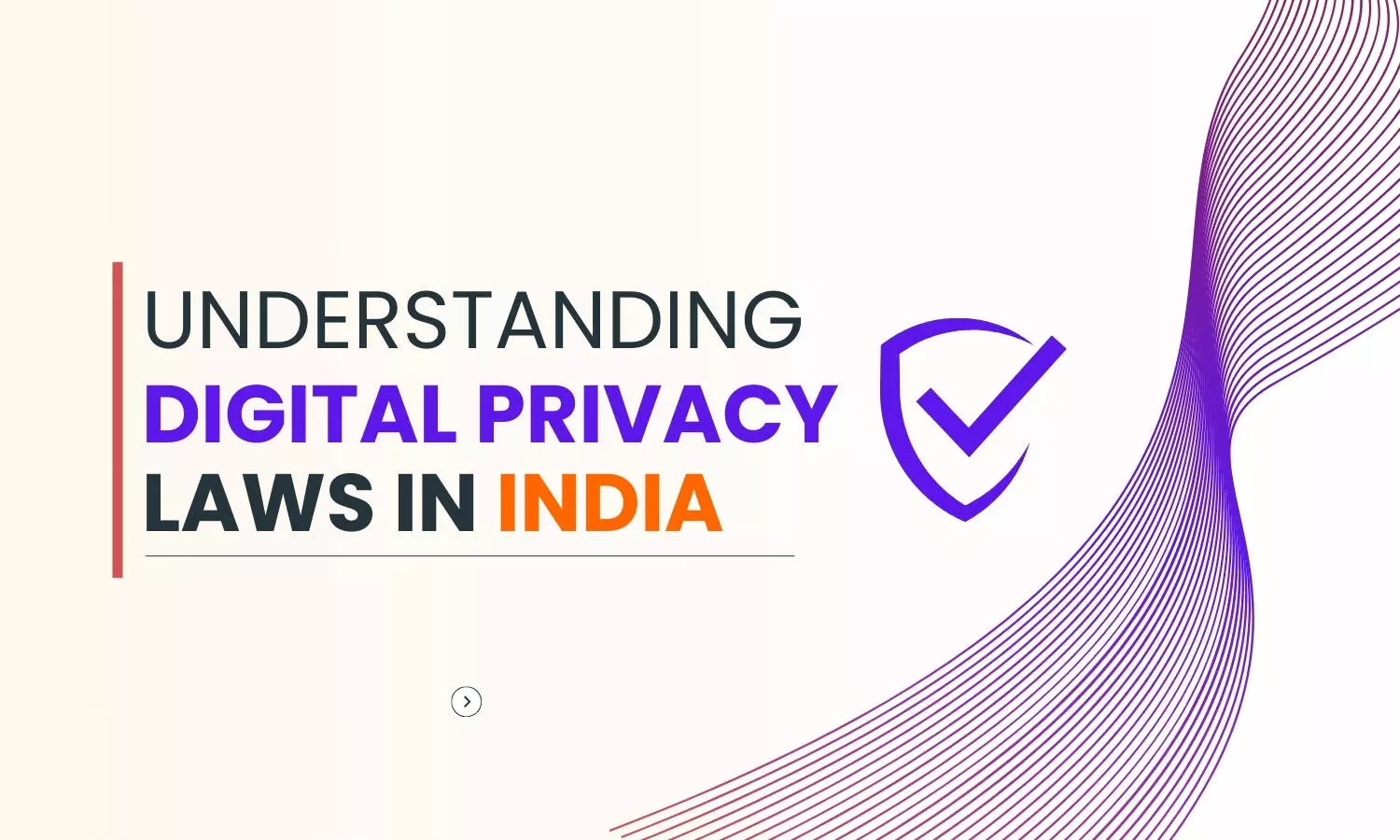
Since smartphones became more affordable over the past decade in India, the number of internet users has surged. As of early 2025, India has over 800 million internet users, accounting for approximately 55–58% of the population. Indians now spend an average of over six hours online daily, highlighting both increased connectivity and growing exposure to cyber threats.
Recognizing this shift, the Indian government has invested significantly in expanding digital infrastructure. With increased access, there has also been a parallel focus on creating legal safeguards to protect users in digital spaces. Over the past 25 years, India has progressively introduced laws to regulate online activities and uphold user rights in the digital age.
Privacy Laws and User Rights in India: A Timeline of Progress
Article 21 of the Indian Constitution guarantees the fundamental right to life and personal liberty, which the Supreme Court in 2017 interpreted to include the right to privacy in the landmark Justice K.S. Puttaswamy (Retd.) v. Union of India case. This laid the foundation for the development of robust privacy protections in India.
- Information Technology Act, 2000
The first major legislation in the digital sphere was the Information Technology (IT) Act, 2000, which created a legal framework to govern electronic transactions, cybercrime, and digital authentication. Although revolutionary for its time, the Act primarily focused on e-commerce and cyber offences, with limited provisions for personal data protection.
- Digital Personal Data Protection (DPDP) Act, 2023
In response to growing concerns about online privacy, India enacted the Digital Personal Data Protection Act, 2023. This Act gives statutory backing to privacy as a constitutional right under Article 21. It lays down principles for the collection, processing, and protection of personal data and applies to both government and private entities, with certain exemptions for state interests and legal proceedings. The DPDP Act emerged as a direct legislative response to the Puttaswamy ruling.
- The Digital India Act: A Legislative Vision for the Future
The Digital India Act is currently a proposed draft legislation under review by the Ministry of Electronics and Information Technology (MeitY). It aims to replace the outdated provisions of the IT Act, 2000, and address challenges arising from today’s complex digital ecosystem. However, as of 2025, it has not yet been passed by Parliament.
Contrary to some claims, the Digital India Act is not meant to override the DPDP Act. Instead, it is designed to complement and strengthen India’s digital regulatory framework.
Key Proposals of the Draft Digital India Act
- Regulation of New Technologies: The Act is expected to introduce provisions for emerging technologies such as 5G, Internet of Things (IoT), blockchain and cryptocurrency, cloud computing, the metaverse, and artificial intelligence (AI), emphasizing responsible innovation and national security.
- Redefining Safe Harbour Protections: The current blanket immunity provided to online platforms under Section 79 of the IT Act may be narrowed. The draft proposes that safe harbour will be conditional, based on compliance and the category of the intermediary.
- Reclassification of Online Intermediaries: The Act proposes classifying intermediaries into distinct categories such as social media platforms, cloud service providers, online gaming services, streaming platforms, etc., each subject to tailored compliance obligations.
- Accountability and User Protection: Greater responsibility will be placed on digital platforms to moderate harmful content, prevent cyberbullying, and protect users from identity theft or unauthorized sharing of personal data.
- Content Monetization and Market Fairness: The Act also hints at regulating content monetization to support Indian creators and startups by reducing the monopolistic influence of large tech firms, fostering a level playing field.
Entertainment Platforms and Digital Accountability
As internet usage for entertainment surges, platforms such as online gaming services, streaming platforms, social media apps, and virtual marketplaces are increasingly collecting and processing user data. These platforms must prioritize data protection and user privacy to retain consumer trust.
The rise of games like Plinko, featured on platforms such as Casino Days, illustrates the growing intersection of entertainment and real-time engagement. With legal changes on the horizon, such platforms must ensure compliance with data protection laws and adopt strong security practices, including user authentication, encryption, and transparent algorithms.
Conclusion
India stands at the threshold of a digital transformation powered by legislation, user awareness, and technological growth. While the DPDP Act 2023 already enshrines privacy rights, the Digital India Act, once enacted, promises to modernize digital governance and promote accountability across the spectrum of online platforms.
In this evolving landscape, digital platforms must do more than just entertain — they must also safeguard users’ rights and data in a responsible, ethical, and legally compliant manner.